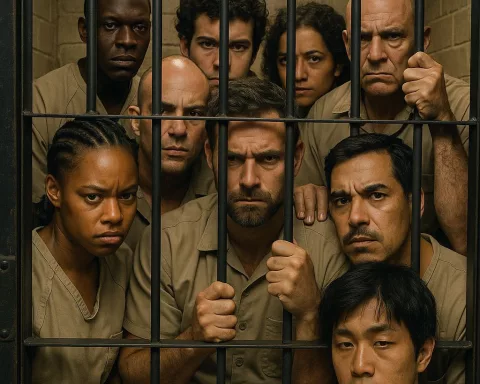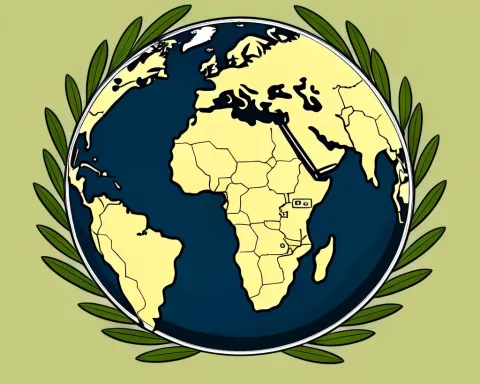South Africa’s prison system is struggling with a significant issue of overcrowding that has come to the fore following the reincarceration of former President Jacob Zuma. In July 2021, Zuma was sentenced to a 15-month prison term by the Constitutional Court but was granted medical parole just two months later, which was later declared unlawful by the Supreme Court of Appeal. This decision has brought to light the problem of prison overcrowding in South Africa, prompting the government to take action.
Overcrowding in South Africa’s Prisons
The occupancy rate in South Africa’s prisons stands at a staggering 143%, with an overcrowding rate of 43.06%. A recent fire at the Kutama Sinthumule facility resulted in the loss of 3,024 beds, exacerbating the overcrowding issue by an additional 4%. This situation poses significant risks to inmates’ health, security, and management, as well as contributes to the growth of gangsterism. It also hinders the department’s ability to deliver rehabilitation and development programs.
Remission for Non-Violent Offenders
To address the overcrowding issue in South Africa’s prisons, President Cyril Ramaphosa has approved the remission of sentences for non-violent offenders across the country’s 243 correctional centers and 218 community centers. This decision is based on Section 84 (2) (J) of the Constitution, which allows for remission for certain prisoners. However, offenders convicted of serious crimes such as sexual offenses, tampering with essential infrastructure, and those serving life sentences are exempt from this special remission.
Eligible non-violent and non-sexual offenders can receive up to 24 months of remission if they complete a pre-release program, undergo risk assessment, and submit fingerprints and DNA samples for comparison to the South African Police Service database. Additionally, 3,064 foreign nationals serving short-term sentences will be deported under the Department of Home Affairs’ guidance.
The Reincarceration of Jacob Zuma
The recent reincarceration of former President Jacob Zuma has also brought to light the overcrowding issue in South Africa’s prisons. Two hours after surrendering himself to Estcourt prison, Zuma was once again released due to President Cyril Ramaphosa’s approval of the remission of non-violent offenders.
Special Remission Process
The process of special remission for non-violent offenders was initiated on 24 April 2023. A joint technical task team comprising Justice, Crime Prevention, and Security cluster departments will oversee the process over ten months, with the Department of Home Affairs leading the aspect concerning foreign nationals. Victims will also have the opportunity to make representations during the offenders’ considerations for placement.
Overcrowding in South Africa’s prisons has led to the implementation of special remission measures for non-violent offenders. The recent case of former President Jacob Zuma has highlighted the complexities and challenges faced by the country’s correctional system. As thousands of inmates are granted remission, the government must continue to seek long-term solutions to address overcrowding and deliver effective rehabilitation programs.












